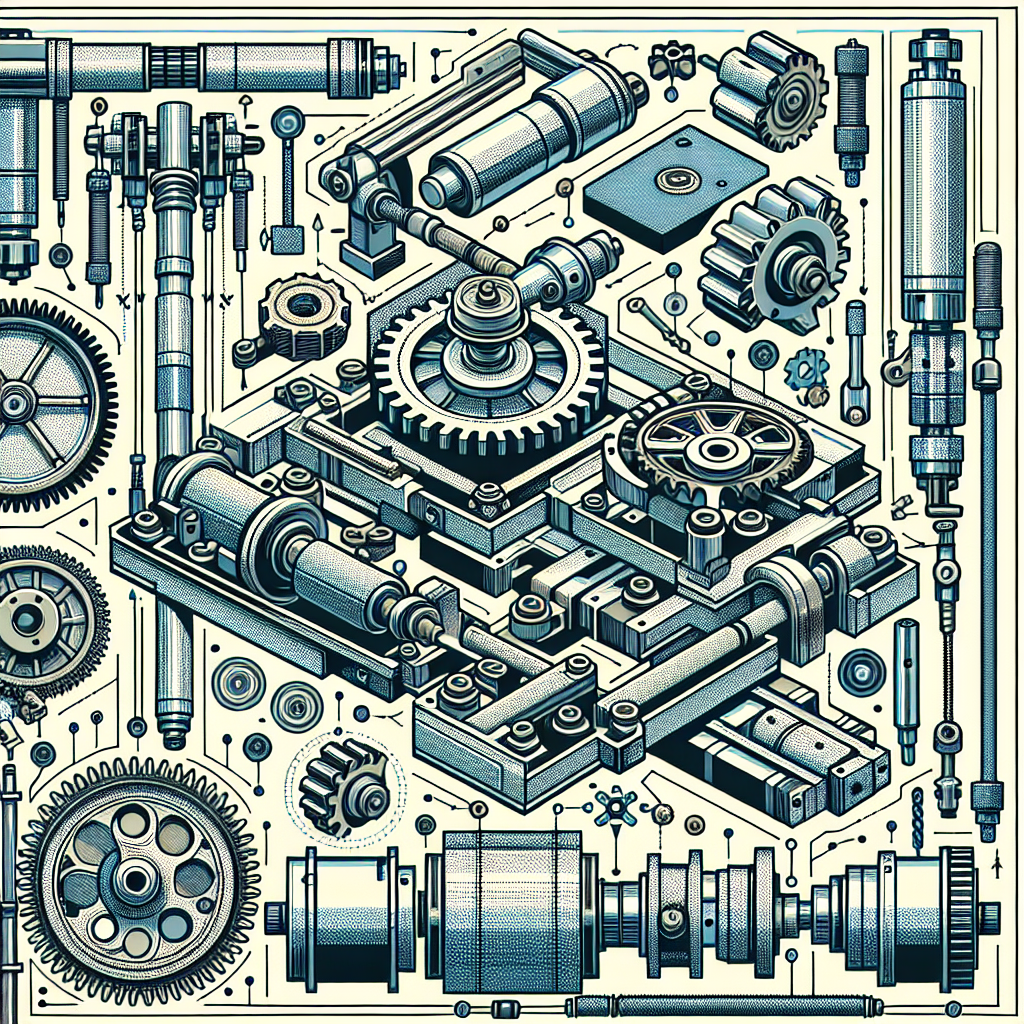Understanding the Basics of Actuators: A Comprehensive Guide
Actuators are devices that convert energy into motion. They play a crucial role in various industrial applications, from robotics to aerospace. Understanding the basics of actuators is essential for anyone working in these fields.
There are several types of actuators, each with its own unique characteristics and applications. The most common types of actuators include hydraulic, pneumatic, electric, and mechanical actuators.
Hydraulic actuators use pressurized fluid to generate motion. They are commonly used in heavy machinery and industrial equipment due to their high power output. Pneumatic actuators, on the other hand, use compressed air to produce motion. They are often used in applications where precise control and fast response times are required.
Electric actuators convert electrical energy into motion. They are versatile and can be used in a wide range of applications, from simple on-off functions to complex positioning tasks. Mechanical actuators, such as screws and gears, use mechanical force to produce motion. They are reliable and cost-effective, making them popular in many industrial applications.
When choosing an actuator for a specific application, it is important to consider factors such as the required force, speed, and precision. Hydraulic actuators are ideal for applications that require high force output, while electric actuators are better suited for applications that require precise control.
Actuators also come in various designs, including linear actuators, rotary actuators, and multi-axis actuators. Linear actuators produce motion in a straight line, while rotary actuators produce rotational motion. Multi-axis actuators can produce motion in multiple directions, making them ideal for complex applications.
In conclusion, understanding the basics of actuators is essential for anyone working in industries that rely on motion control. By knowing the different types of actuators and their characteristics, professionals can choose the right actuator for their specific application and ensure optimal performance. Actuators play a critical role in modern industrial processes, and a comprehensive understanding of their operation is key to success in these fields.


